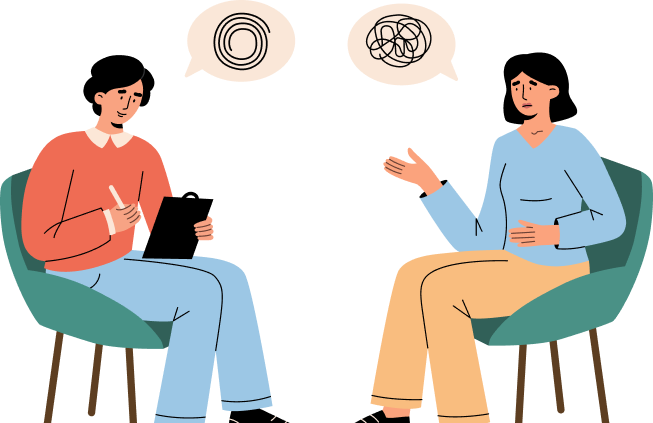Around 3% of Australians experience OCD in their lifetime
Obsessive-compulsive behaviours can be time-consuming, interfere with daily life, and may be physically harmful.

Around 3% of Australians experience OCD in their lifetime
Obsessive-compulsive behaviours can be time-consuming, interfere with daily life, and may be physically harmful.


Obsessive-Compulsive Disorder (OCD) is a mental health condition that affects millions of people worldwide. It is characterised by persistent, intrusive thoughts (obsessions) that cause anxiety and distress, as well as repetitive behaviours (compulsions) aimed at reducing that anxiety. These behaviours can be time-consuming, interfere with daily life, and may even be physically harmful.
If you or someone you know is struggling with OCD, it’s important to seek professional help. Guiding Light Psychology is a resource that can provide effective treatment for OCD. Through counselling, therapy, and other forms of support, Guiding Light helps individuals with OCD identify their triggers and develop strategies for managing their symptoms.

One of the most effective treatments for OCD is Cognitive-Behavioral Therapy (CBT), which helps individuals change their thought patterns and behaviours associated with their obsessions and compulsions. Exposure and Response Prevention (ERP) therapy, a specific form of CBT, is often used to treat OCD and involves gradually exposing the individual to their fears and preventing them from performing compulsions.
At Guiding Light, individuals with OCD can also find support through group therapy, mindfulness practices, and other complementary therapies. With the right treatment and support, individuals with OCD can learn to manage their symptoms and improve their quality of life.
You can easily get in touch with us by calling (02) 7252 3418 or by sending an email to info@guidinglightpsychology.com.au. Our friendly team is always ready to assist you with any questions or concerns you may have about our services.

What are some common obsessions and compulsions associated with OCD?
-
Common obsessions include fear of contamination, fear of harm to oneself or others, fear of making mistakes, and fear of losing control. Compulsions may include excessive hand-washing, checking behaviours (such as checking locks or appliances), arranging or counting objects, and mental rituals such as repeating certain phrases or prayers.
Is OCD treatable?
+
OCD is treatable through various forms of therapy, including Cognitive-Behavioral Therapy (CBT), Exposure and Response Prevention (ERP) therapy, and medication. It’s important to seek professional help if you think you may have OCD, as effective treatment can greatly improve your quality of life.